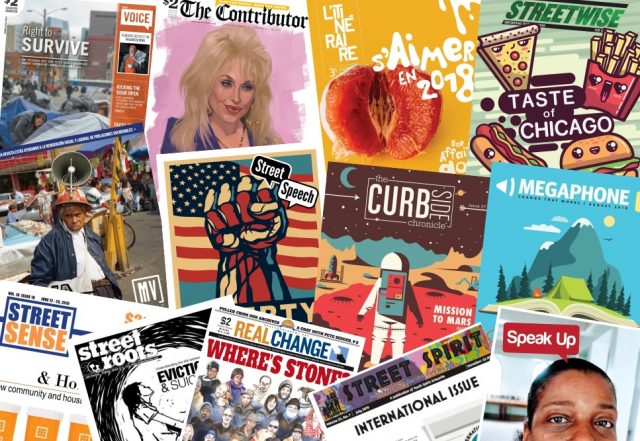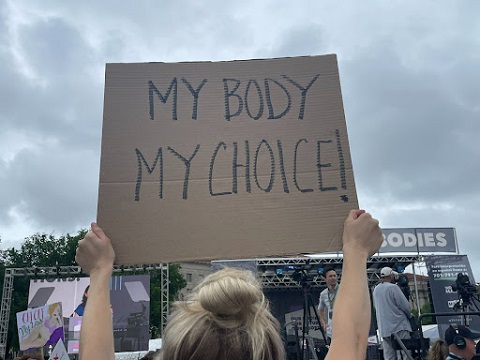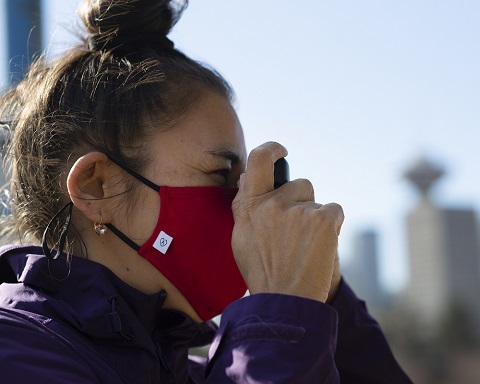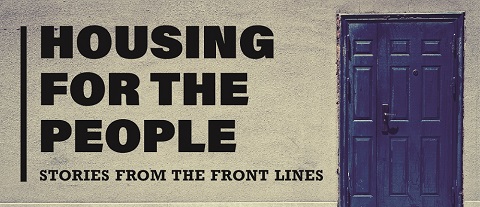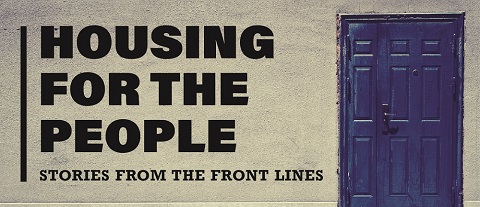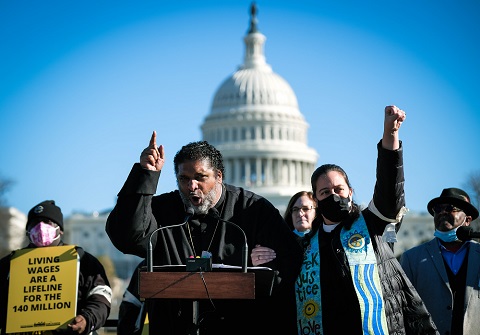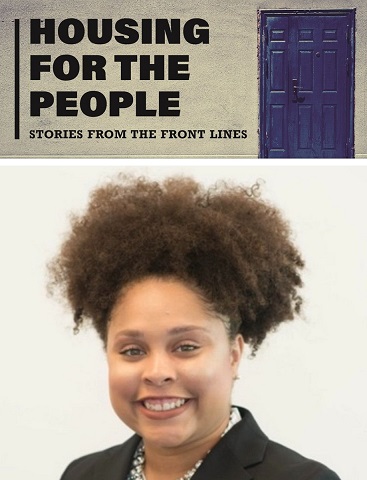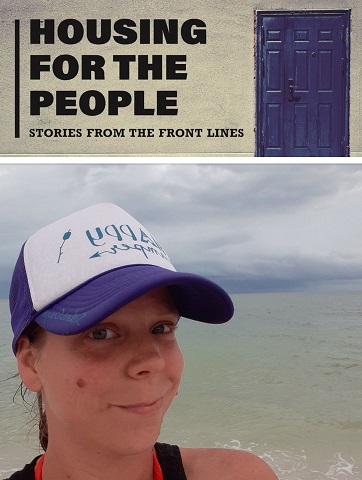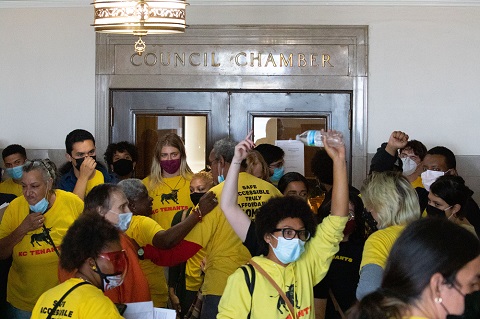By Detroit Richards
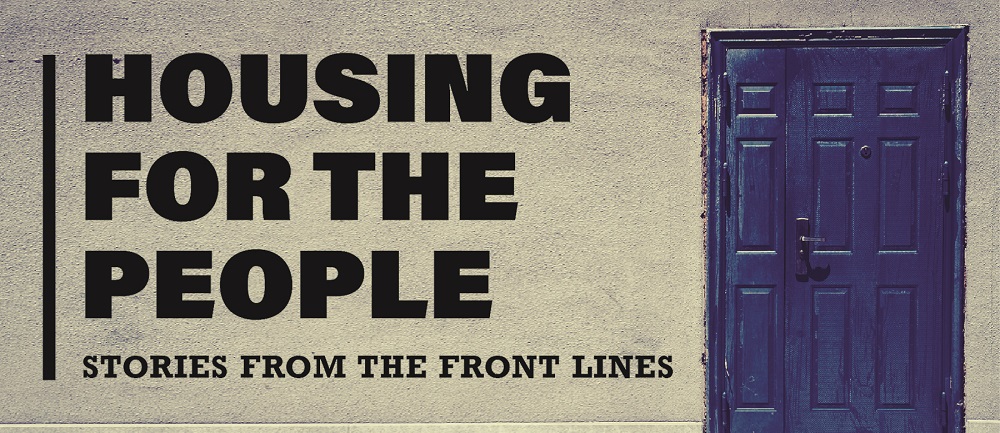
I remember leaving my apartment. I had one last long shower, put some make up on my black eye, grabbed my seven-year-old child’s hand, put his backpack over his shoulders, and hauled mine onto my back.
It had taken me eighteen months to work up the courage to go — knowing I did not have another home to go to. We were living in the far east, with my dual passported husband working between there and the USA. There would be no hope that my husband would renew my visa. My child and I would both become undocumented as a result.
The violence had become frequent and extreme, causing me permanent injuries. My husband often told me he was going to kill me, and no one would care. The police in the jurisdiction did nothing to protect us.
When my husband asked me to go look at houses in Los Angeles, as his work was moving him permanently to the USA, I took the opportunity to run. I took my child out of a situation where he was constantly downtrodden and ridiculed, with abuse that was turning not just violent towards me, but towards him. I threw us both onto an uncertain future, but one we had a better chance of surviving.
I had been homeless before. I knew what it was like to sleep outside and have no privacy. To be constantly cold and wet, or too hot and parched. I understood what it was like not to get clean or have a bathroom to use. I feared how my child was going to cope but knew anything was better than the violence we were both facing. We walked out the door and did not look back.
An old friend had a van, and lived on the road in the USA, and invited us to join him. We jumped into the small elderly class C camper van, that came to be named ‘The Beast’, and took off out of California, driving north up the 101. I felt simultaneously free and terrified. I figured if I kept moving around, my husband would not be able to find us. There was only one problem: we were now unhoused and penniless.
We found a space in a Walmart parking lot where a few unhoused people were staying. There was a bathroom that was open much of the day and night. We had access to water. We stayed there, for a couple of months, moving around occasionally. We tried to stay quiet and low profile. Eventually Walmart security called the cops on us. They banged on the door at 7am, screaming that we needed to get out of the parking lot immediately. Life continued like this for more than five years. Living in parking lots and campgrounds, mostly up and down the west coast.
It was a constant struggle to find a place to exist. In the summer, vacationers took all the spots in cheap campgrounds. They closed in winter. We had a tent to sleep in, as the van was small, and my friend didn’t always want us living in there with him. When it was possible, I’d start a campfire and play the guitar and get my son to sing along with me trying to distract him from the situation. We would often wake up cold and wet in winter, the rain having soaked through our sleeping bags when the tent leaked. Getting clean water was a daily chore. The very basics of living became all consuming.
“I feared how my child was going to cope but knew anything was better than the violence we were both facing. We walked out the door and did not look back.”
People never had the decency not to stare or have an opinion about my homelessness. A housed vacationer informed me and my child that we had spoiled her vacation by being unsightly.
We were often moved on from campgrounds even when we had money to pay. The shame of having to steal showers from state campgrounds sometimes became too much to bear. I had tried to ask for support, but the fact I hadn’t managed to take any documentation with us when we fled made things almost impossible. I felt safer living outside than relying on people I did not know. I have no family, and at the time, I had no assistance beyond the friends who were also homeless alongside me. Obtaining a divorce proved to be impossible, even though my husband was now based in the USA.
The pandemic made it impossible to carry on. All the campgrounds closed. There were no showers or bathrooms open. We were being moved daily. It would have been so simple to let the homeless campers stay for free at state or national campgrounds, and let us socially distance that way, but the campgrounds refused to allow this, and threw out all the people who were living in tents and RVs.
We stayed in an Airbnb, paid for by a housed friend who took pity on us. I managed to find a place in a shelter in San Francisco. Eventually, we were given a hotel to get on our feet. There were beds. Hot water. Privacy. I think I must have had four showers on our first day inside. We had not slept on beds with access to a bathroom and shower since 2015.
Living outside, I could only afford to eat a few times a week. For the first time in years, I had daily access to food. After ten months in the hotel, we received a subsidy for a year and moved into a one-bedroom apartment in San Francisco. My son has just started high school and has friends. He feels like he is now part of society and has a future. I am very concerned about how I am going to be able to pay the rent, but at least for now, we have a break from being outside. The help we received saved our lives.
Detroit is a regular contributor to Street Sheet, the street paper in San Francisco, USA.
Housing for the People is a column produced by the International Network of Street Papers from people on the frontlines of the housing justice movement in America and beyond.
Courtesy of INSP North America / International Network of Street Papers




